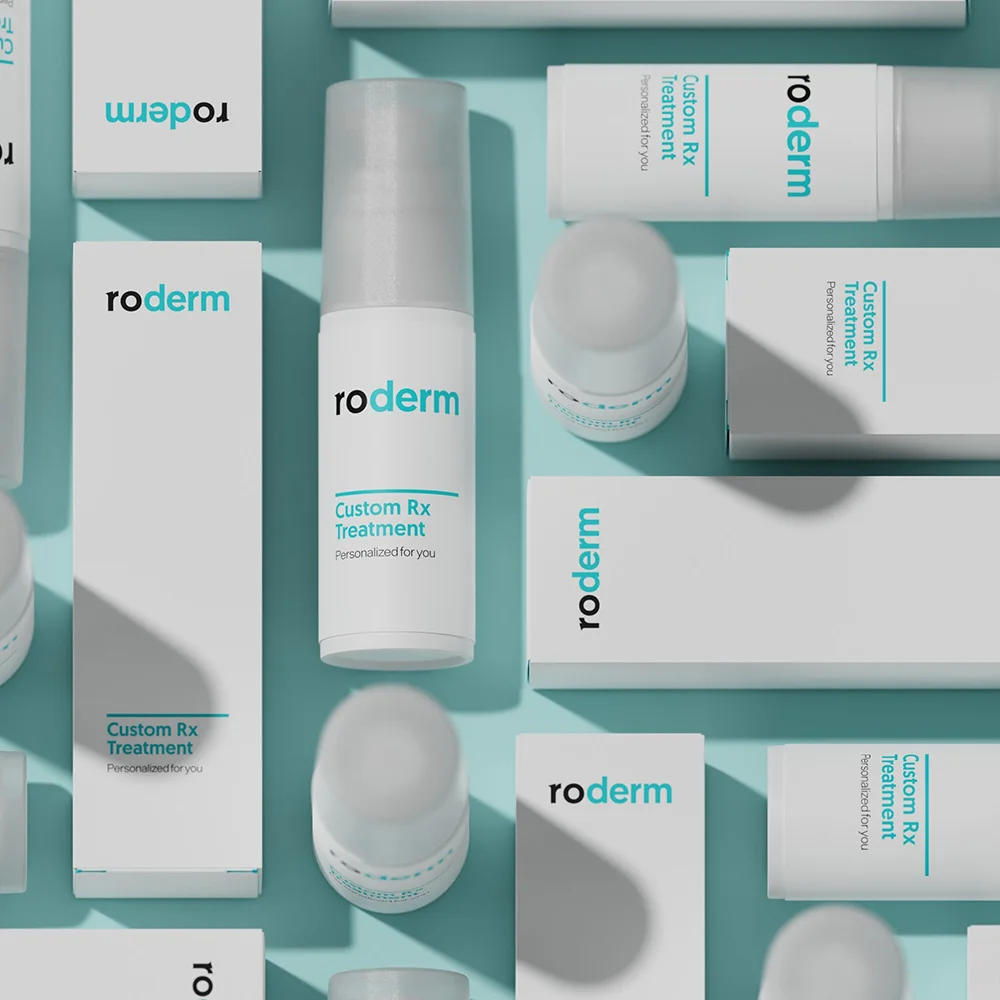Is sweating good for you? It's about homeostasis

Reviewed by Mike Bohl, MD, MPH, ALM,
Written by Steven Albrechta, MD
last updated: Feb 24, 2020
5 min read
Here's what we'll cover
When we talk about sweating, we're actually talking about a process of releasing liquid that happens in three different types of glands in the body: eccrine, apocrine, and apoeccrine. Sweat glands are all controlled by the sympathetic nervous system. Heat, exercise, and emotion are primary stimuli, while some foods, medicines, and other diseases are other stimuli that get you sweating.
Eccrine glands are sweat glands widely distributed around the body (palms, soles, arms, etc.). They develop from young infant years until about 2–3 years of age and are active from the beginning. They open to the skin and secrete mostly water and sodium chloride, better known as salt. They are primarily responsible for thermoregulation (temperature control) of the body, which is why mostly these glands respond to rises in core and skin temperature, including those caused by exercise.
Apocrine glands are sweat glands that are mostly in the axillae (armpits), anogenital region (the area including both your anus and genitals), and around the breasts, face, and scalp. These glands begin functioning in puberty. They're larger than eccrine glands and open into hair follicles instead of directly onto the skin. They produce thick, lipid-rich sweat made up of proteins, sugars, and ammonia. These are mostly responsible for producing pheromones (aka body odor).
Apoeccrine glands develop from eccrine glands in preteen/teenage years. They function similarly to both eccrine and apocrine glands. Like eccrine glands, they open to the skin and produce saltwater. Like apocrine glands, they are concentrated in the armpits.
Is sweating good for you?
Sweating that happens through either type of sweat gland serves a purpose. It maintains homeostasis, a stable equilibrium, of the skin and regulates body temperature. When our core temperature gets high enough through physical activity or high temperatures, sweating kicks off and cools you down while it evaporates. This can prevent dangerous conditions like overheating and heatstroke. In fact, not sweating enough—a condition called hypohidrosis—can be dangerous for this exact reason.
When we sweat from stressful situations, like public speaking, this is our fight-or-flight response kicking in. Although we generally get this response in situations that aren't actually life-threatening, a lot of the reaction is to help survival. Sweat on the palms, for example, can help your grip compared to dry hands to help you get away or hold onto something to protect yourself.
It's also worrisome if you've been sweating and then suddenly stop. This can be a sign of hyponatremia, a dangerous decrease in your levels of sodium. And just drinking more water doesn't help, either. The water would actually dilute your blood, lowering your sodium levels even more. We see this a lot with marathoners, and it can also lead to overheating and heatstroke.
Additional benefits of sweating
There are a lot of misconceptions about what sweating can and cannot do. Being in extreme heat, like in saunas or the steam room, may make you sweat, but you're releasing water from your body. Any weight you lose from this sweating is only water weight, and you're risking dehydration unless you replace those fluids. So, no, sweating cannot help with sustainable weight loss. Sweating absolutely serves a purpose. But that doesn't mean the benefits of exercise, which causes sweating, are due to the sweating. We may call them sweat sessions, but exercise is beneficial for getting your heart rate up—and that doesn't necessarily require you to be actively perspiring. Exercise does amazing things for you, like improving cardiovascular health, releasing feel-good endorphins, boosting a sense of well-being, and increasing blood flow. But these are not health benefits of sweating, even though sometimes they go hand in hand.
The theory of sweating out toxins has been around for many years. We do release some toxins from sweating, but the studies, to date, that have attempted to quantify this have several limitations. The way the studies have participants collect sweat is often poorly controlled, and contamination from toxins already on the skin's surface. Also, there is no known mechanism for how sweat would excrete these toxins. Most toxins are eliminated by the kidneys or in stool. Therefore, the data is very limited and, as of now, does not support the idea that we can "sweat out toxins." There is, however, some data to suggest sweating plays a very small role in alcohol excretion (or curing hangovers) (Cederbaum, 2012).
Dermcidin, an antimicrobial protein, is also released in unknown levels in sweat. It helps to protect the skin from harmful bacteria, which suggests that sweat may have a role in defense against skin infections. There is some recent evidence that dermcidin may play a role in keeping the skin moisturized and healthy, preventing conditions like atopic dermatitis. One study showed that people with atopic dermatitis had a decreased amount of dermcidin-derived peptides, but more evidence is needed to further characterize its role in skin health (Rieg, 2005). Sweat releases many different micronutrients, such as electrolytes and vitamins, and non-micronutrients, such as lactate, ethanol, bicarbonate, glucose, proteins, antibodies, and enzymes. And dermcidin is just one of many antimicrobial proteins released through sweating.
But there's a limit to what we know about what's in sweat. The exact makeup of sweat and the concentration of these micro- and non-micronutrients is still relatively unknown since there are few studies on this subject, and the findings from the work that does exist are mixed. Even with dermcidin, more studies are needed to know if the amount in sweat is clinically significant.
How to maintain a good sweat response
It's important to remember that we all have a baseline sweat rate dictated by genetics and controlled by circulating hormone levels. So don't gauge the health of your sweating by someone else's. Resting sweat rate is usually established based on how well we respond to temperature changes, our fitness level, and our diet.
Some people start sweating sooner in the same conditions as other people based on their baseline core temperature and their body's sensitivity to the environment or acclimatization. You can see this in athletes, whose sweat response and makeup is slightly different than the average person's. As athletes acclimatize to warmer environments, they release a less salty sweat and are able to manage their temperature better in the heat due to lower threshold to sweating and increased sweat rates.
Our activity at any given time affects our sweating, and our current hydration status affects our sweating ability. There are also some outside influences, such as how someone dresses in certain climates. Someone wearing more layers will generally start sweating sooner than someone wearing fewer. We also know that women have a slightly lower rate of sweating than men and that everyone's sweating decreases with age.
What you can control right now in all of this is your hydration, and avoiding dehydration is important for proper sweat response. Improved fitness can also change your sweat response, as seen in athletes. But you don't have to have as rigorous a training program as an athlete to see an improvement in your sweat response.
Dealing with excess sweating
Again, it's important to remember that different people sweat different amounts naturally. And there's a difference between sweating more naturally and having a condition like hyperhidrosis, which causes excessive sweating. There's some scientific evidence that medications known as neuromodulators, such as Botox, can help cut down sweating in cases of hyperhidrosis. That being said, the more accessible treatment is antiperspirants or deodorants that contain aluminum compounds that can block sweat. These products can also be used by people who are uncomfortable by how much they sweat.
DISCLAIMER
If you have any medical questions or concerns, please talk to your healthcare provider. The articles on Health Guide are underpinned by peer-reviewed research and information drawn from medical societies and governmental agencies. However, they are not a substitute for professional medical advice, diagnosis, or treatment.
Cederbaum, A. I. (2012). ALCOHOL METABOLISM. Clinics In Liver Disease, 16(4), 667–685. doi: 10.1016/j.cld.2012.08.002, https://www.ncbi.nlm.nih.gov/pubmed/23101976
Rieg, S., Steffen, H., Seeber, S., Humeny, A., Kalbacher, H., Dietz, K., … Schittek, B. (2005). Deficiency of Dermcidin-Derived Antimicrobial Peptides in Sweat of Patients with Atopic Dermatitis Correlates with an Impaired Innate Defense of Human Skin In Vivo. The Journal of Immunology, 174(12), 8003–8010. doi: 10.4049/jimmunol.174.12.8003, https://www.ncbi.nlm.nih.gov/pubmed/15944307










